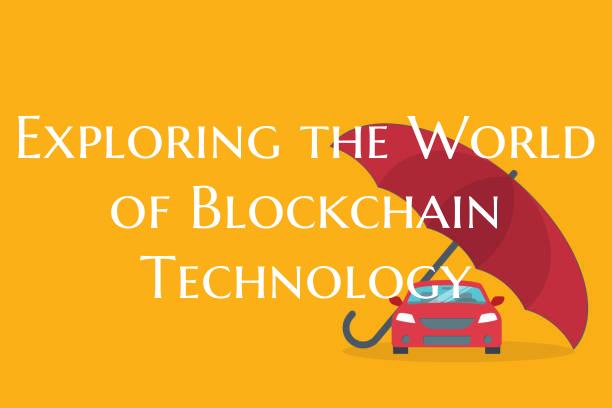Exploring the World of Blockchain Technology
In recent years, one technology that has garnered significant attention and disruption across various industries is blockchain technology. Originally designed as the underlying technology behind the cryptocurrency Bitcoin, blockchain has evolved into a versatile tool with applications beyond the realm of digital currencies.
At its core, a blockchain is a decentralized and distributed ledger that records transactions across a network of computers. Each block in the chain contains a unique cryptographic hash that links it to the previous block, creating a secure and transparent sequence of data. This structure makes blockchain tamper-resistant and provides a high level of security, making it an ideal solution for industries that require secure and verifiable transactions.
One of the key features of blockchain technology is its ability to enable trustless transactions, meaning that parties can interact and exchange value without the need for intermediaries such as banks or payment processors. This peer-to-peer nature of blockchain transactions not only reduces costs and processing times but also ensures greater privacy and security for users.
Beyond cryptocurrencies, blockchain technology has found applications in various sectors such as supply chain management, healthcare, voting systems, and real estate. For example, in supply chain management, blockchain can be used to track the origin and journey of products, ensuring authenticity and sustainability. In healthcare, blockchain allows for secure storage and sharing of patient data while maintaining privacy and data integrity.
As the adoption of blockchain technology continues to grow, its potential to revolutionize industries and drive innovation is becoming increasingly apparent. Companies and organizations are exploring ways to leverage blockchain to streamline processes, enhance security, and create new business models. Governments are also recognizing the benefits of blockchain in areas such as identity management, regulatory compliance, and improving public services.
In conclusion, the world of blockchain technology is a dynamic and exciting space with the potential to reshape the way we transact, communicate, and interact in the digital age. By exploring the possibilities of blockchain and embracing its transformative capabilities, businesses and individuals can unlock new opportunities and drive meaningful change in the global economy.
